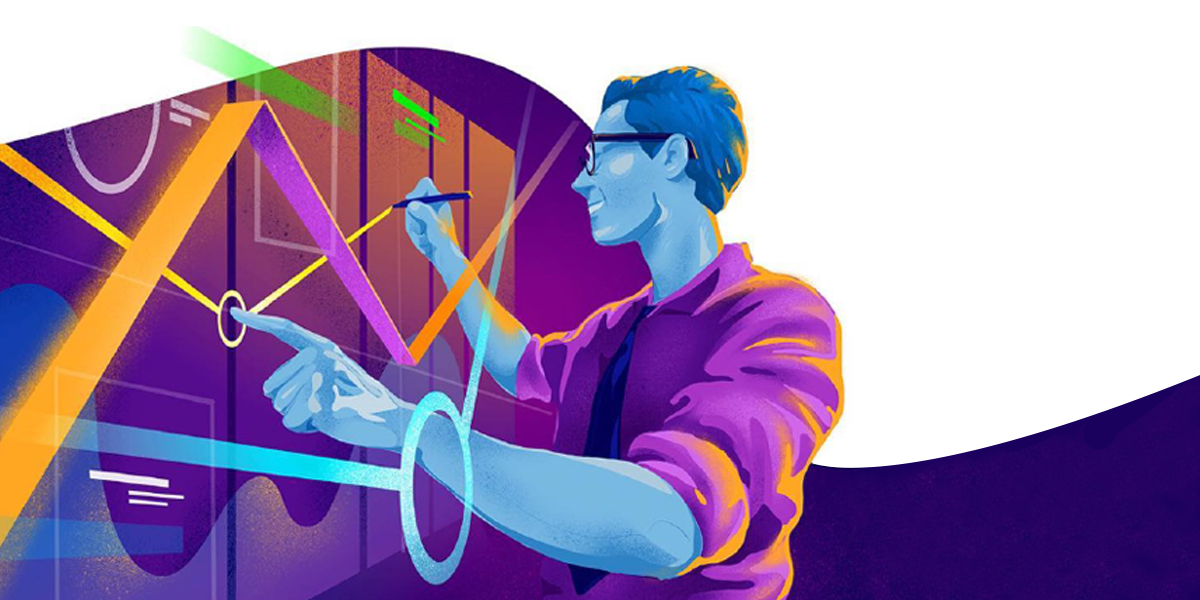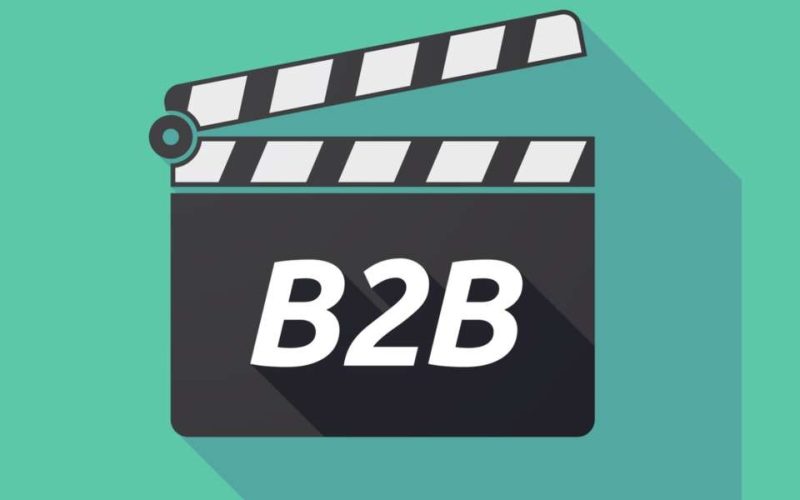In the rapidly evolving landscape of commerce, the term “modern B2B” is gaining increasing significance. Businesses are now leveraging advanced technologies and innovative strategies to enhance their B2B interactions. This article explores the advantages and challenges of this modern B2B experience.

Advantages of Modern B2B
- Efficiency: B2B platforms streamline processes, reducing manual errors and saving time for both buyers and sellers. Automated workflows and integrations ensure seamless transactions.
- Global Reach: With B2B platforms, businesses can connect with partners and suppliers worldwide, expanding their reach and tapping into new markets more efficiently than ever before.
- Data-Driven Insights: Advanced analytics tools provide valuable insights into customer behavior, market trends, and performance metrics, empowering businesses to make informed decisions and optimize their strategies.
- Personalization: B2B platforms offer personalized experiences tailored to the specific needs and preferences of individual buyers, enhancing customer satisfaction and loyalty.
- Collaborative Tools: Collaboration features such as real-time messaging, document sharing, and project management tools facilitate communication and collaboration between businesses, fostering stronger relationships and improving productivity.
- Scalability: Modern B2B platforms are designed to scale alongside growing businesses, providing the flexibility to accommodate increasing transaction volumes and expanding operations.
- Integration Capabilities: Seamless integration with other business systems, such as ERP and CRM software, enables data synchronization and process automation, streamlining operations and enhancing efficiency.
- Improved Customer Service: Enhanced communication channels and self-service options empower customers to find solutions to their queries independently, reducing response times and improving overall customer satisfaction.
- Cost Savings: By automating processes, reducing errors, and improving efficiency, modern B2B platforms help businesses save on operational costs, ultimately driving profitability.
- Competitive Advantage: Embracing B2B practices gives businesses a competitive edge in the market by enabling them to adapt quickly to changing customer demands and market dynamics.
Challenges of Modern B2B
- Integration Complexity: Integrating modern B2B platforms with existing systems can be complex and time-consuming, requiring careful planning and technical expertise.
- Security Concerns: With the increasing volume of data exchanged in B2B transactions, security threats such as data breaches and cyberattacks are a major concern for businesses, requiring robust security measures to mitigate risks.
- Legacy Systems: Some businesses may struggle to transition from legacy systems to B2B platforms due to compatibility issues or resistance to change among employees.
- Technical Support: Ensuring adequate technical support and training for users is essential to maximize the benefits of modern B2B platforms and address any issues that may arise.
- Data Privacy Regulations: Compliance with data privacy regulations such as GDPR and CCPA adds complexity to B2B transactions, requiring businesses to implement stringent data protection measures and adhere to regulatory requirements.
FAQs about Modern B2B
Q: What technologies are driving the B2B experience? A: Technologies such as artificial intelligence, machine learning, blockchain, and cloud computing are driving innovation in the modern B2B landscape, enabling businesses to automate processes, enhance security, and improve efficiency.
Q: How can businesses overcome the challenges of B2B integration? A: Businesses can overcome integration challenges by partnering with experienced vendors, investing in training and support for employees, and adopting a phased approach to implementation to minimize disruption to operations.
Q: How does modern B2B differ from traditional B2B practices? A: B2B practices leverage advanced technologies and data-driven insights to personalize experiences, streamline processes, and enhance collaboration, whereas traditional B2B practices often rely on manual processes and face-to-face interactions.

Conclusion
The modern B2B experience offers unprecedented opportunities for businesses to streamline operations, expand their reach, and gain a competitive edge in the market. By embracing advanced technologies and innovative strategies, businesses can overcome challenges and unlock the full potential of modern B2B interactions. With the right approach and investment, businesses can thrive in the digital age of commerce.










